The PhD in Chronic Diseases at Universidad San Sebastian, is framed in the Institutional Development Plan that proposes to advance from a mainly teaching university to a university with a higher level of complexity, incorporating research and postgraduate development at master’s and doctoral level to provide new knowledge and training of new researchers. This program is presented as a consequence of the work focused on the consolidation of an academic team with strong research skills in this area, with emphasis on the pathogenic mechanisms associated with highly prevalent diseases with high impact on the population and associated with a large expenditure in health systems such as chronic diseases.

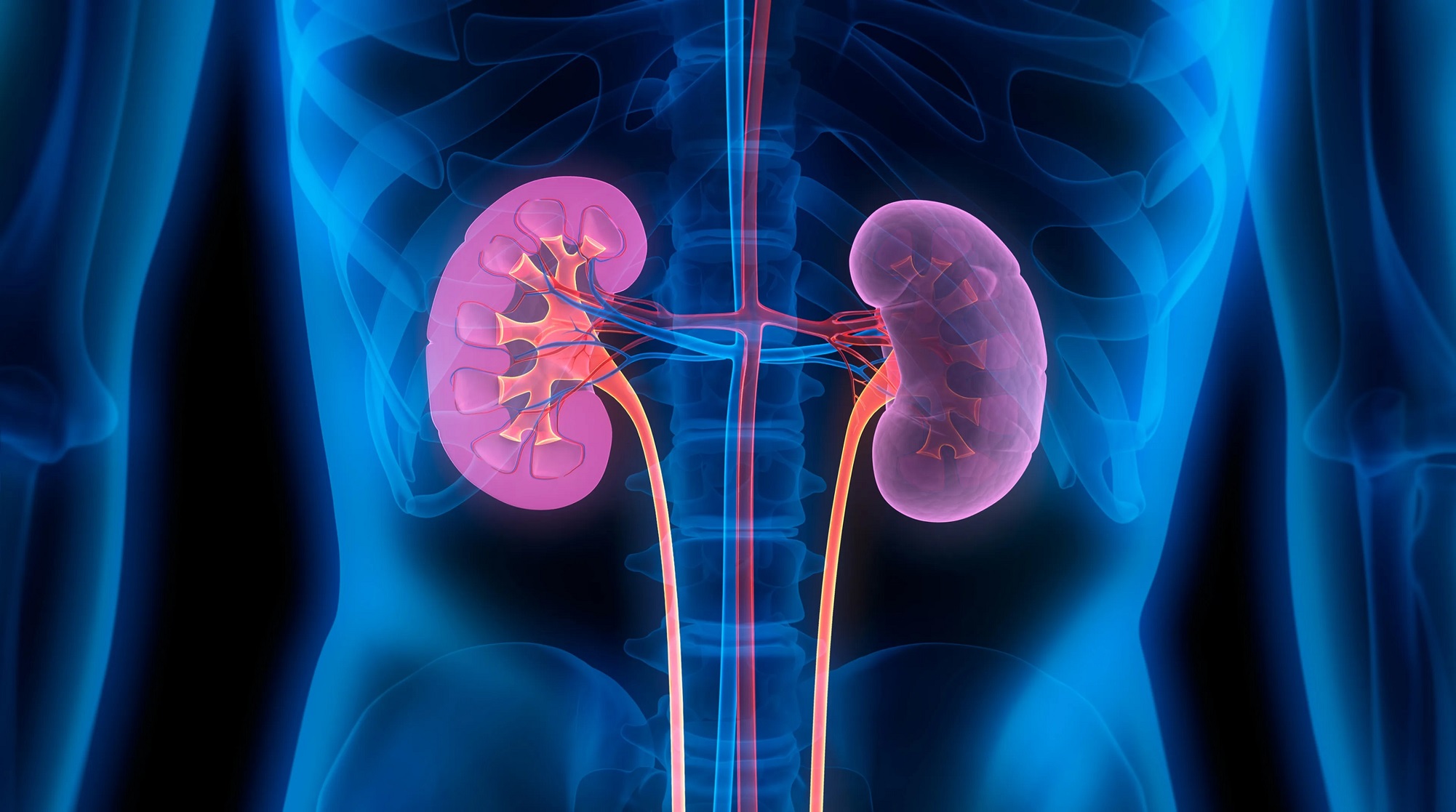
PhD/Doctor in Chronic Diseases
Closed
8 semesters
March 2024
Presential
The PhD Program in Chronic Diseases is based on the growing need for highly trained professionals with the skills to expand the frontiers of knowledge based on research into the pathophysiology of chronic diseases (CD) and, in particular, the study of these diseases in both female and male populations, their relationship with risk factors, aspects associated with their epidemiology and the effect of maternal factors on the programming of these diseases.
Chronic Diseases (CD) are a growing problem worldwide and mainly affect low and middle income countries. According to the World Health Organization (WHO, 2018), together these diseases are responsible for 71% of deaths globally. In our country, about 10 million Chileans have at least one CD. These diseases tend to be long-lasting and result from a combination of genetic, physiological, environmental and behavioral factors.
General objective
To train researchers with an advanced level of theoretical-experimental knowledge in these diseases, from pathophysiology and epidemiology, considering risk factors and their programming in fetal development, taking into consideration the health of both sexes.
The training provided will allow graduates to lead research teams, formulate and solve complex scientific problems in an autonomous, responsible and ethical manner for the generation of new knowledge and its communication.
Specific objectives
To train doctoral students through the deepening of theoretical-experimental knowledge of advanced level that allows understanding the biological bases and physiopathology of Chronic Diseases considering the health of both sexes, contributing in the formulation and resolution of complex scientific problems in an autonomous, responsible and ethical way.
To enable doctoral students with the ability to lead research teams oriented to the generation of new knowledge in the field of Chronic Diseases, its teaching at undergraduate and graduate level as well as its communication to the general public.”
The program will focus on the development of three main lines of research, which are proposed to be approached from physiological, pathophysiological, epidemiological and clinical aspects, without prejudice that they may be modified according to the evolution of knowledge and the incorporation of new researchers:
The research lines address from a physiological and pathophysiological approach of chronic diseases such as cardiovascular diseases, cancer and chronic kidney diseases, their main risk factors (hypertension, dyslipidemias, obesity and inflammation) and the study of the processes that lead to the presentation of these as well as how they contribute to the development of chronic diseases.
Also the study of gestational pathologies associated with the programming of chronic diseases, the study of the placenta as a central element in the programming of these and the mechanisms associated with programming with emphasis on epigenetics.
The Doctor in Chronic Diseases of Universidad San Sebastián is a researcher with an advanced level of theoretical-experimental knowledge of chronic diseases, with the ability to address the areas of pathophysiology and epidemiology, risk factors or their programming in fetal development, considering the health of both sexes. Graduates are qualified to lead research teams, formulate and solve complex scientific problems for the generation of new knowledge and its communication.
They possess the necessary skills to work autonomously, responsibly and with a strong ethical commitment, in academia and public and/or private research centers, at national and international level.
At the end of the program, the graduate achieves the following performances:
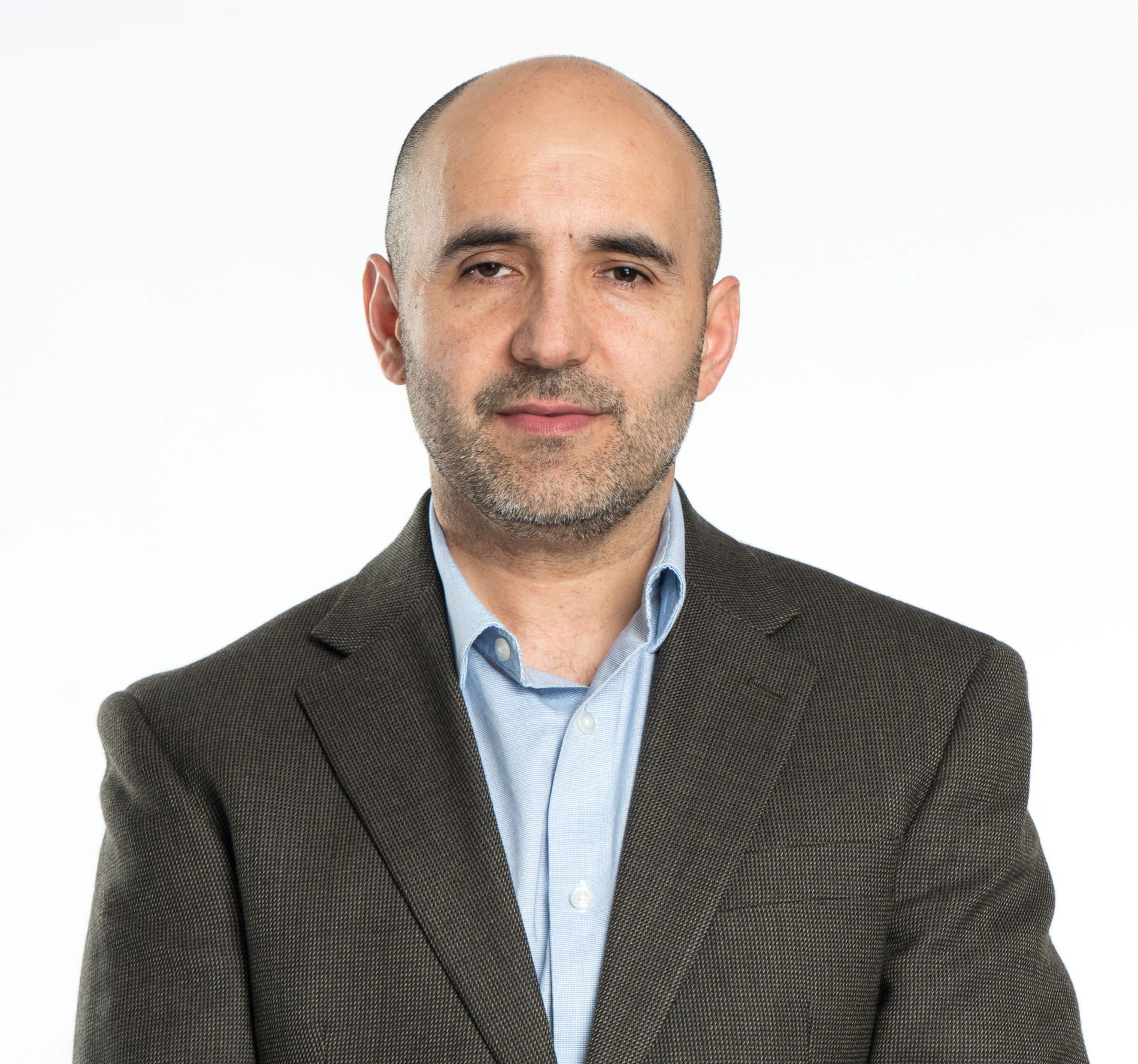
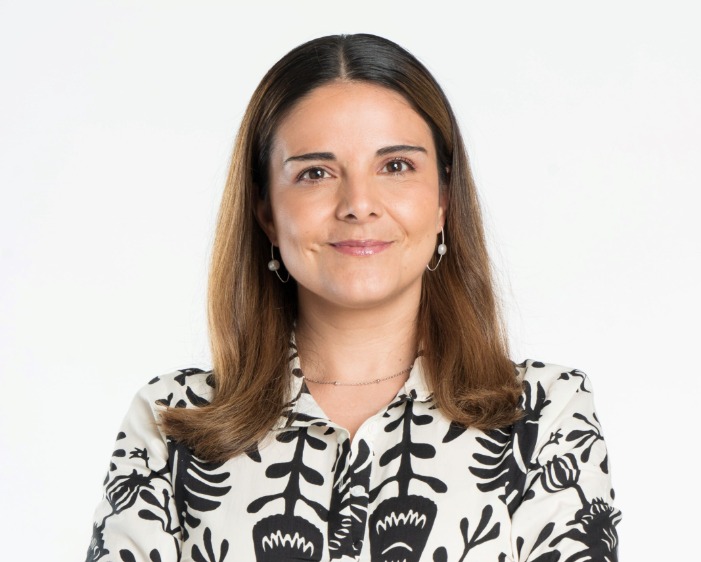
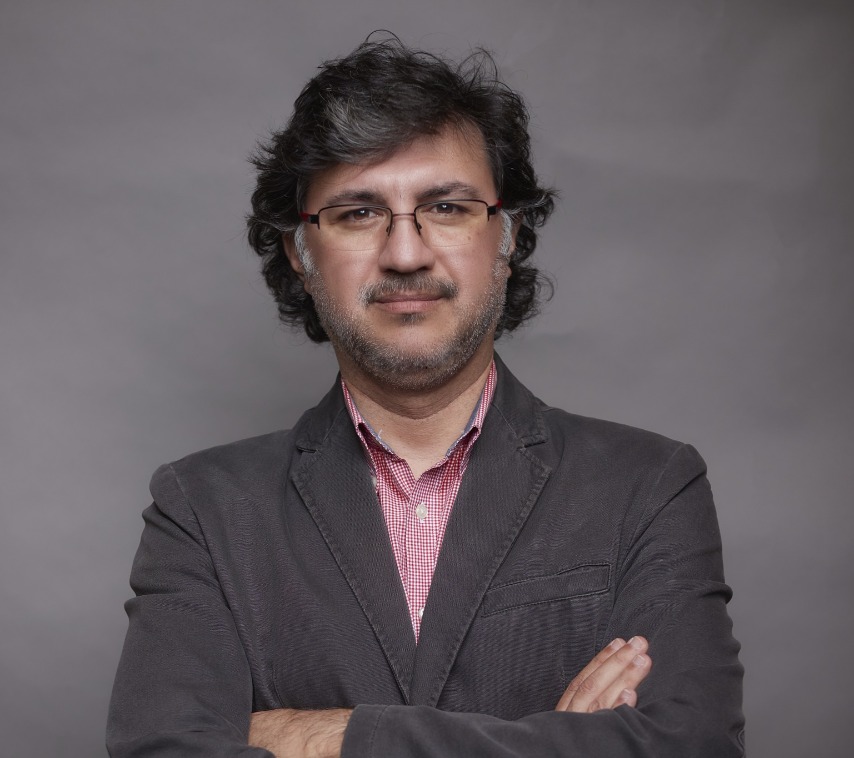
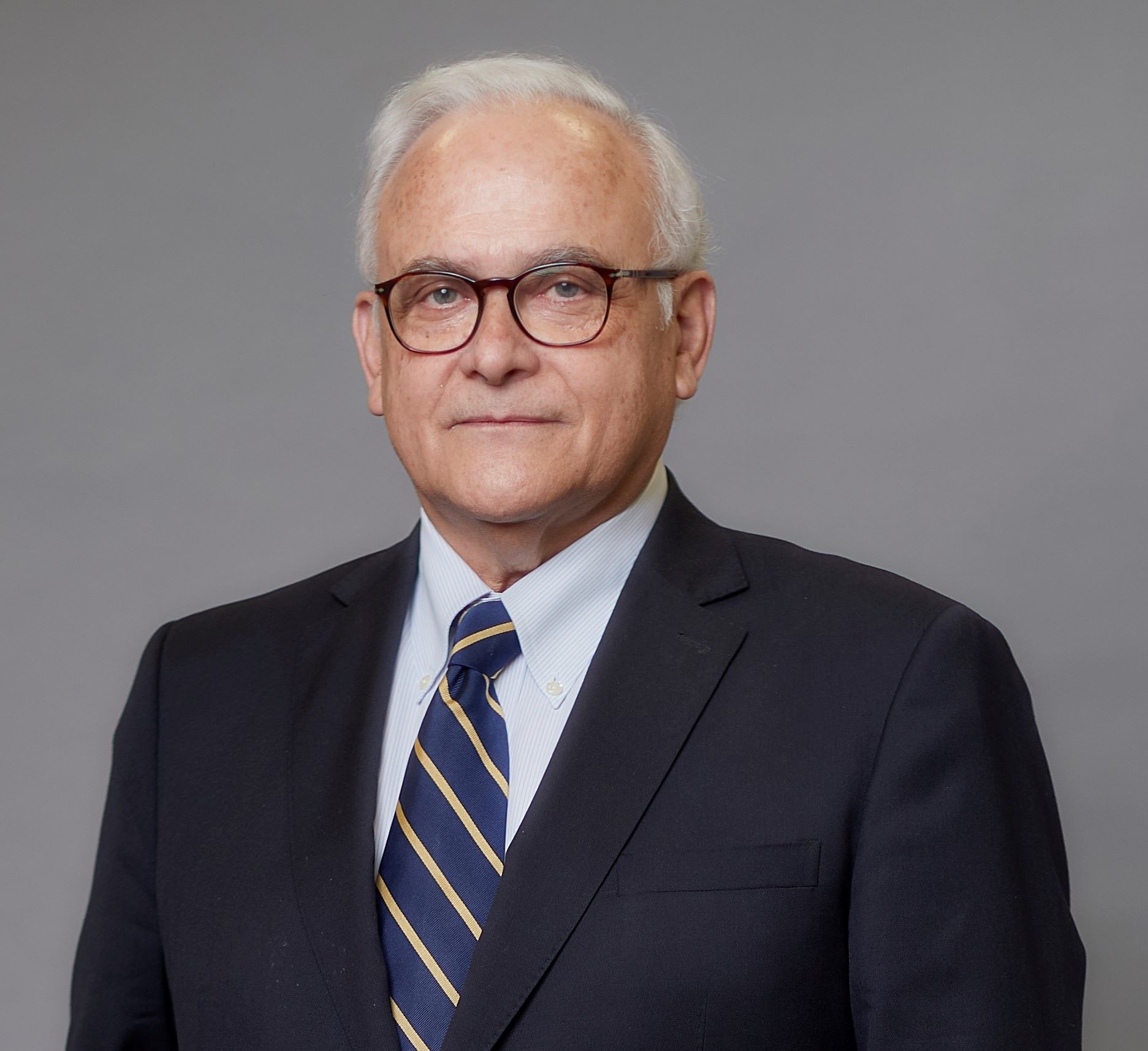
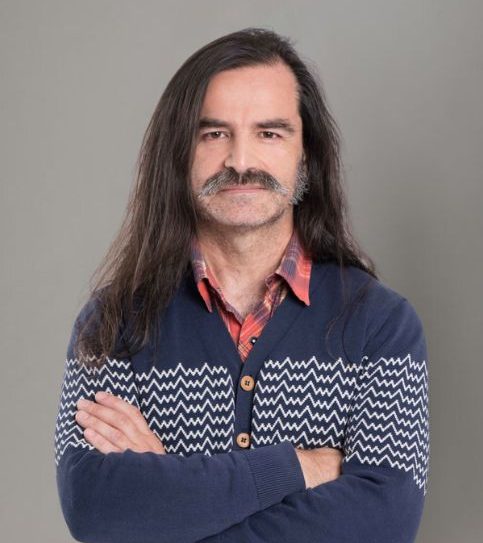
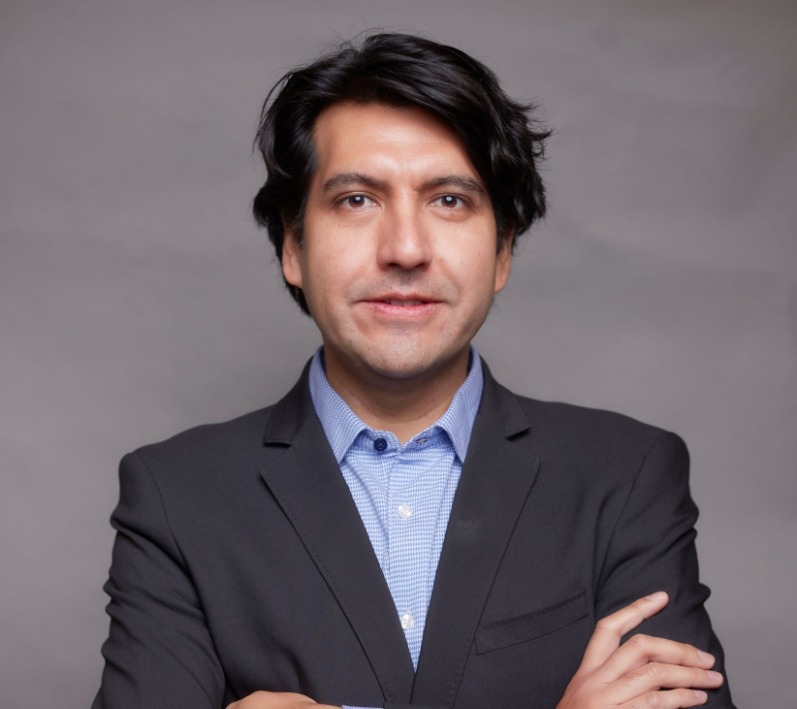
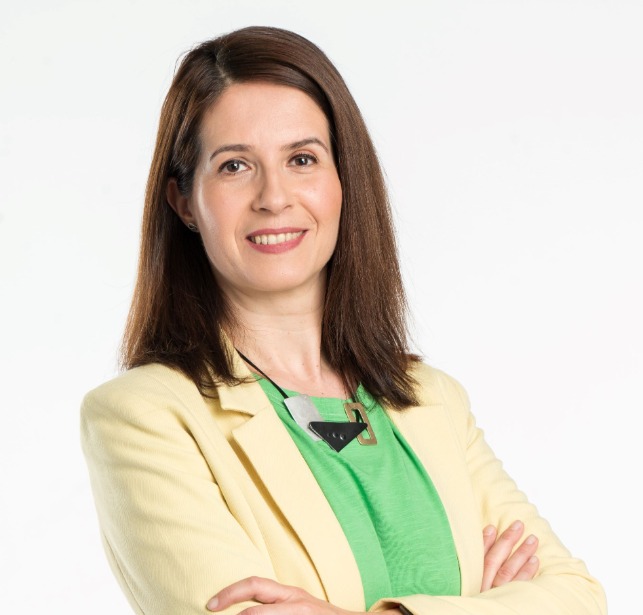
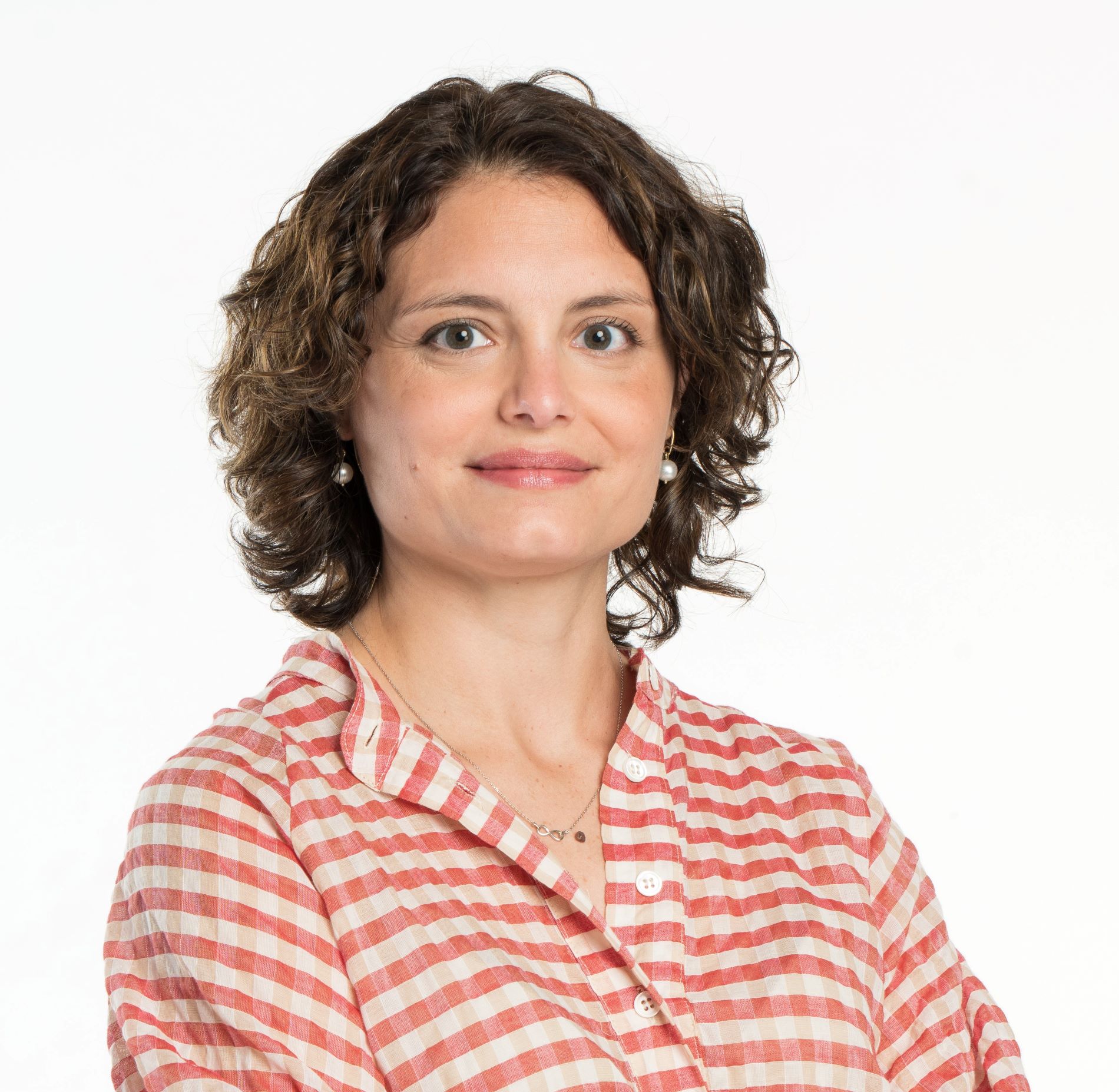

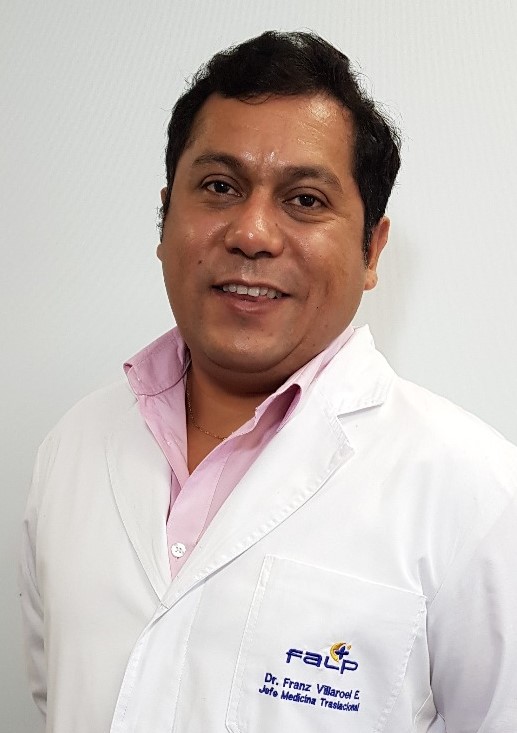
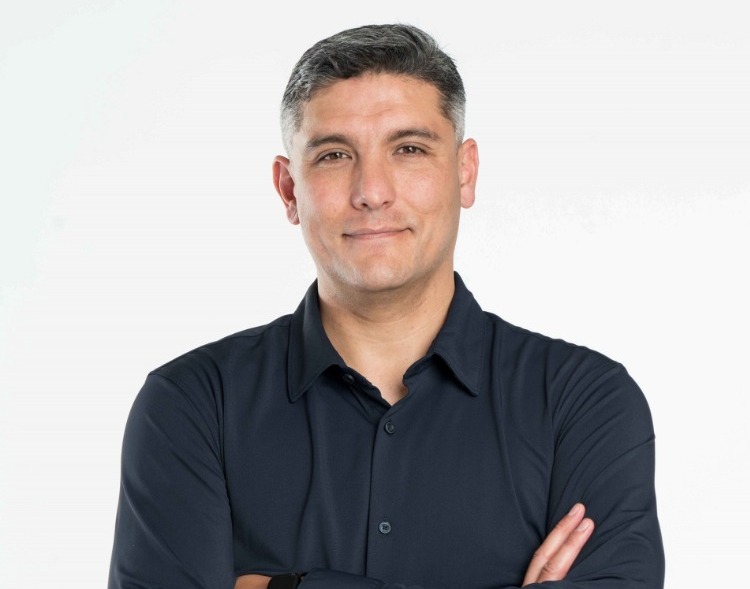
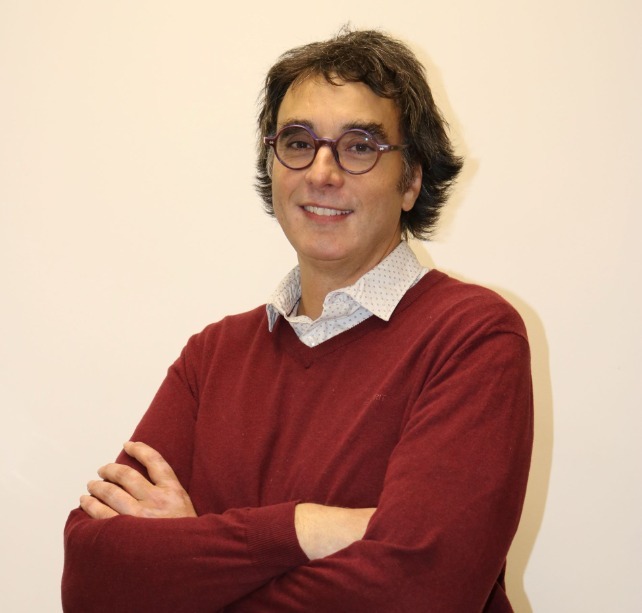
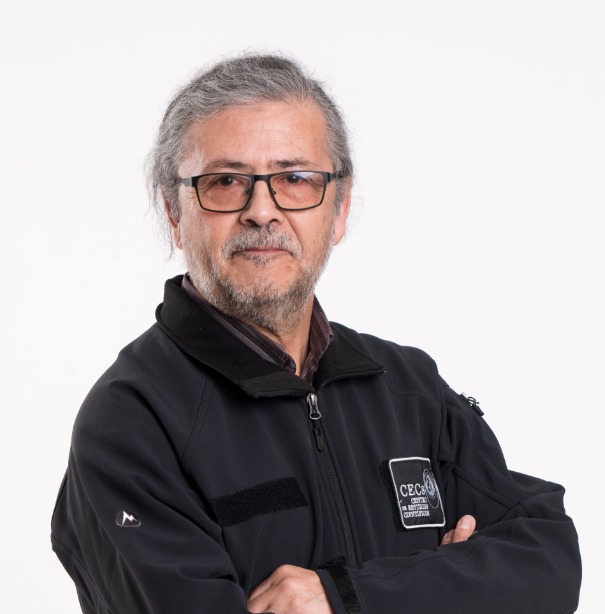

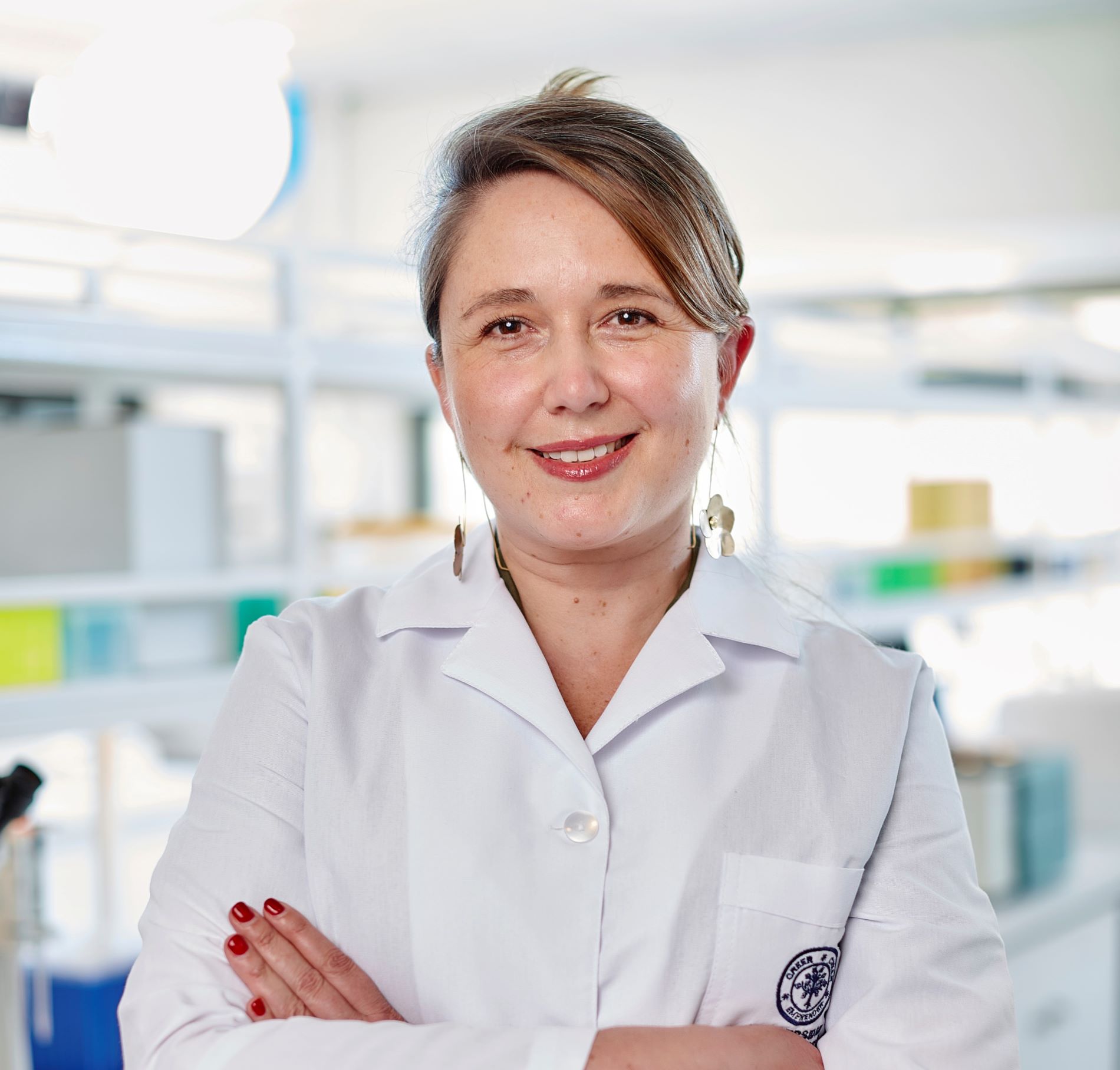
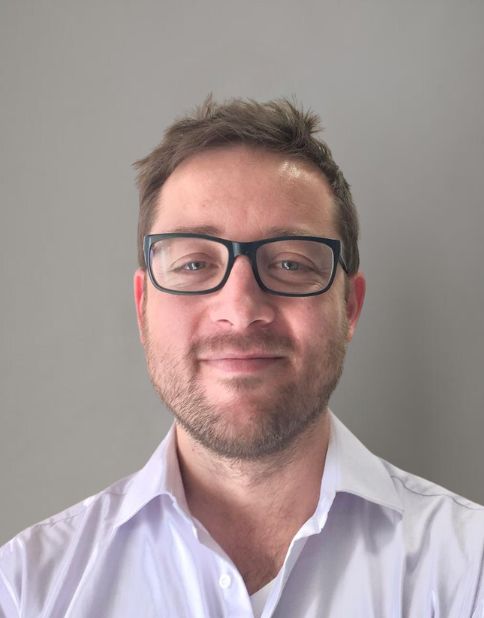
Profesor Titular en el Departamento Nacional de Salud Pública de la Universidad San Sebastián, Chile, y director del Núcleo Milenio para la Evaluación y Análisis de Políticas de Drogas (nDP
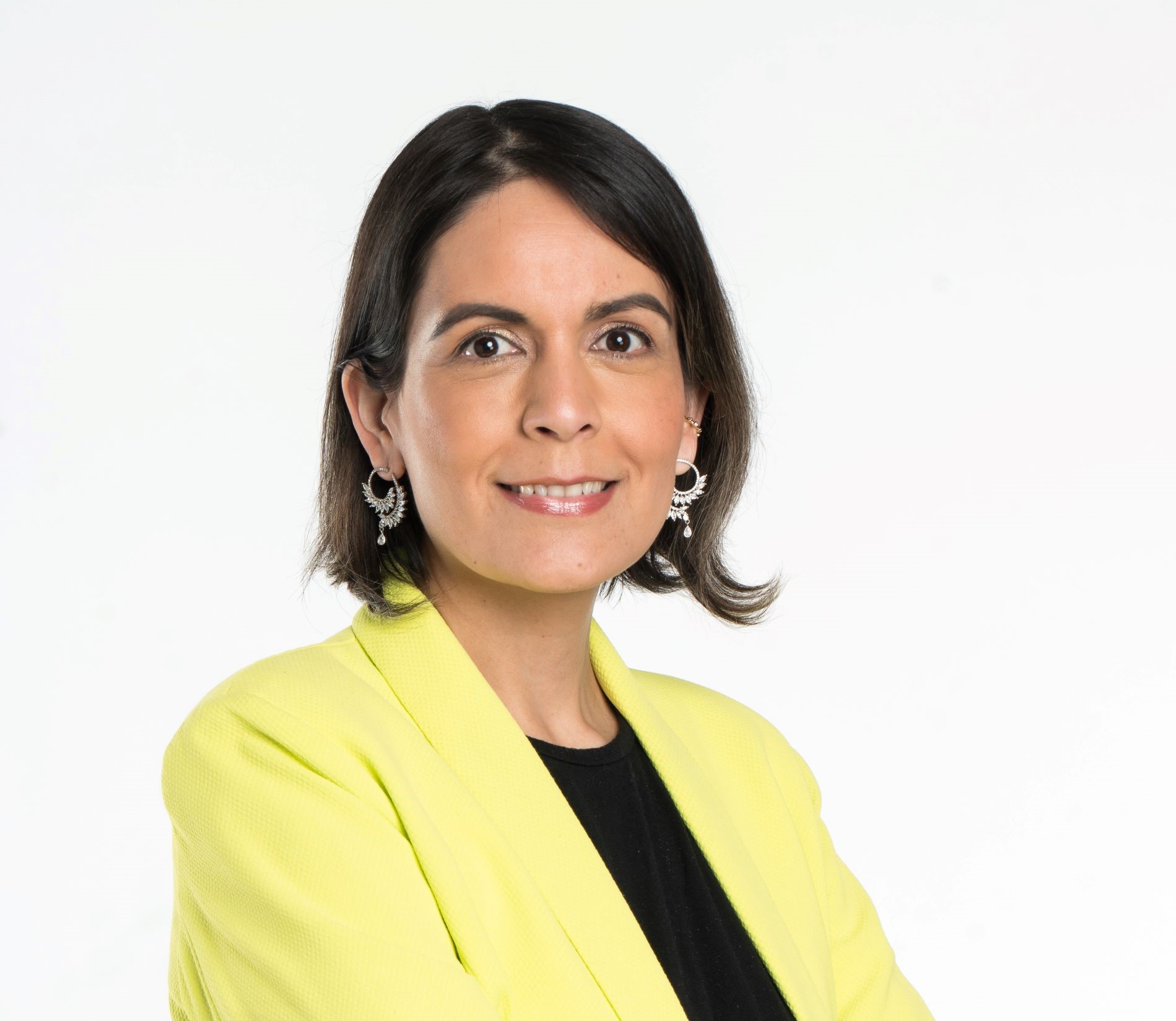
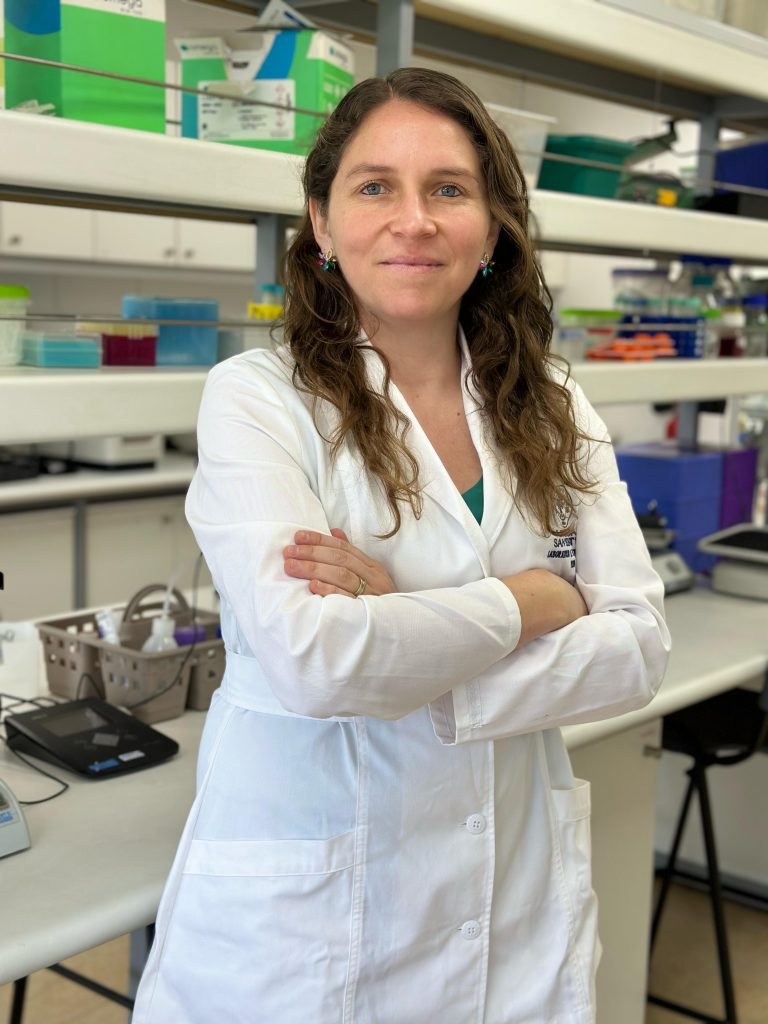
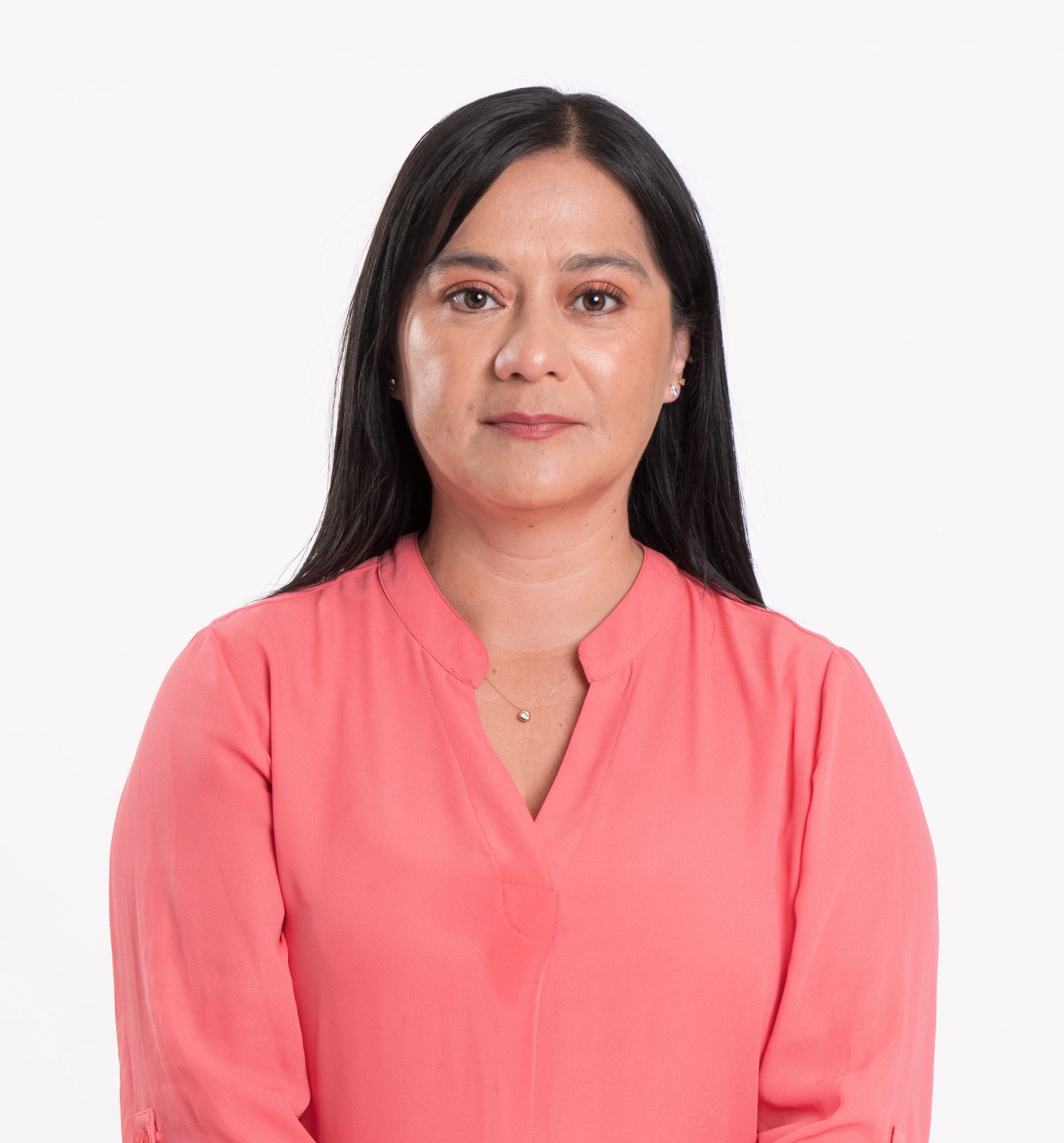

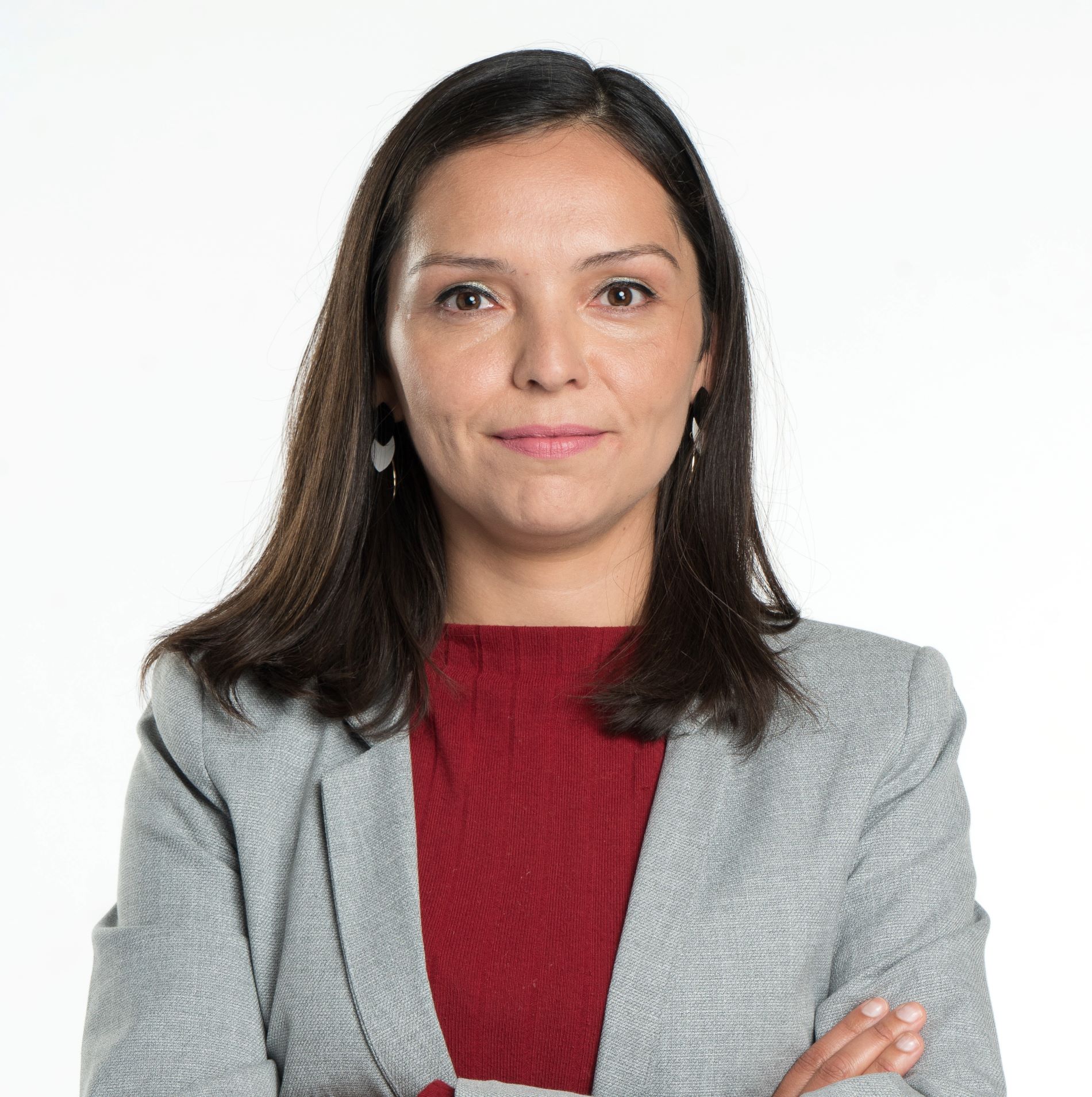

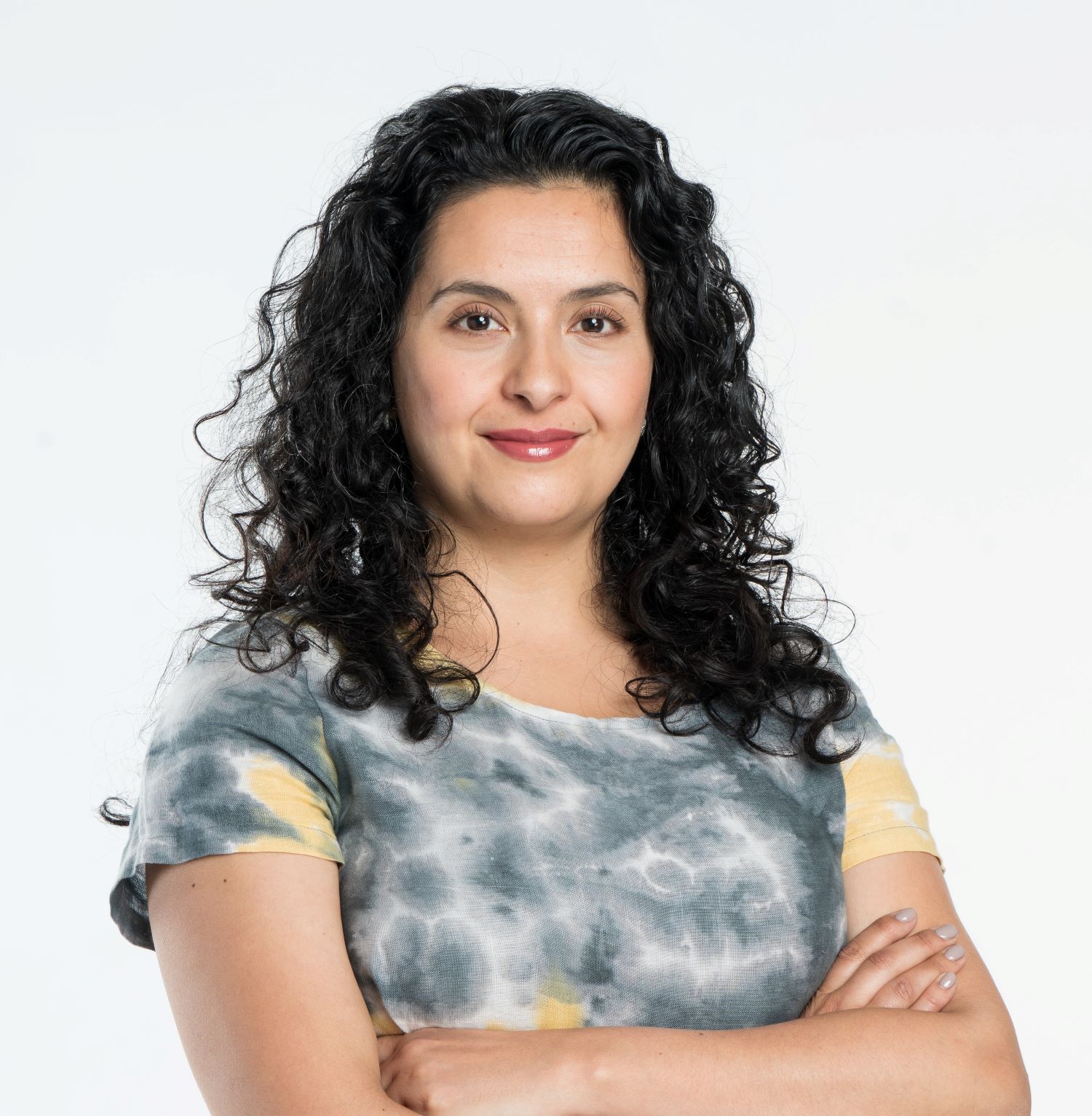
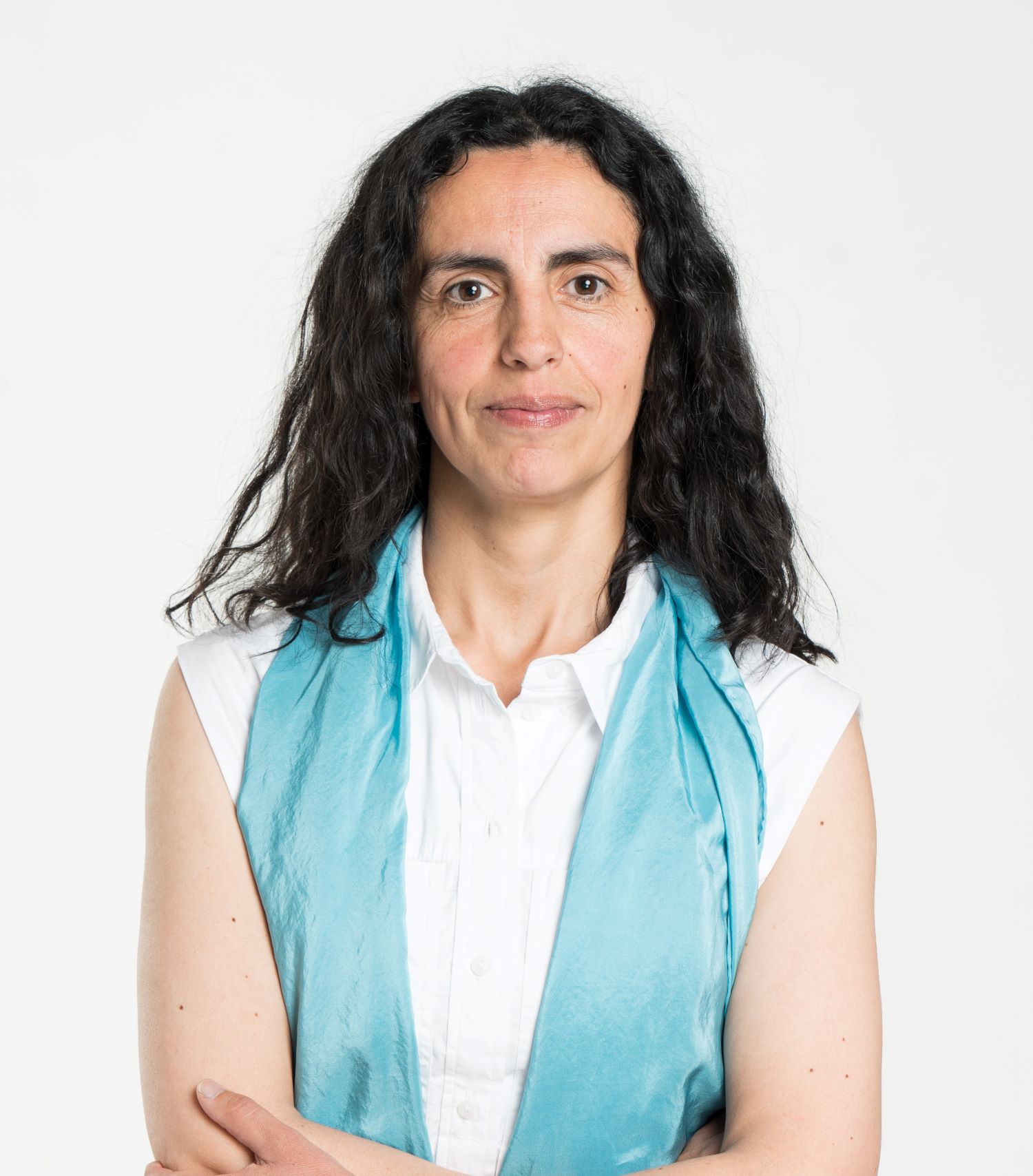

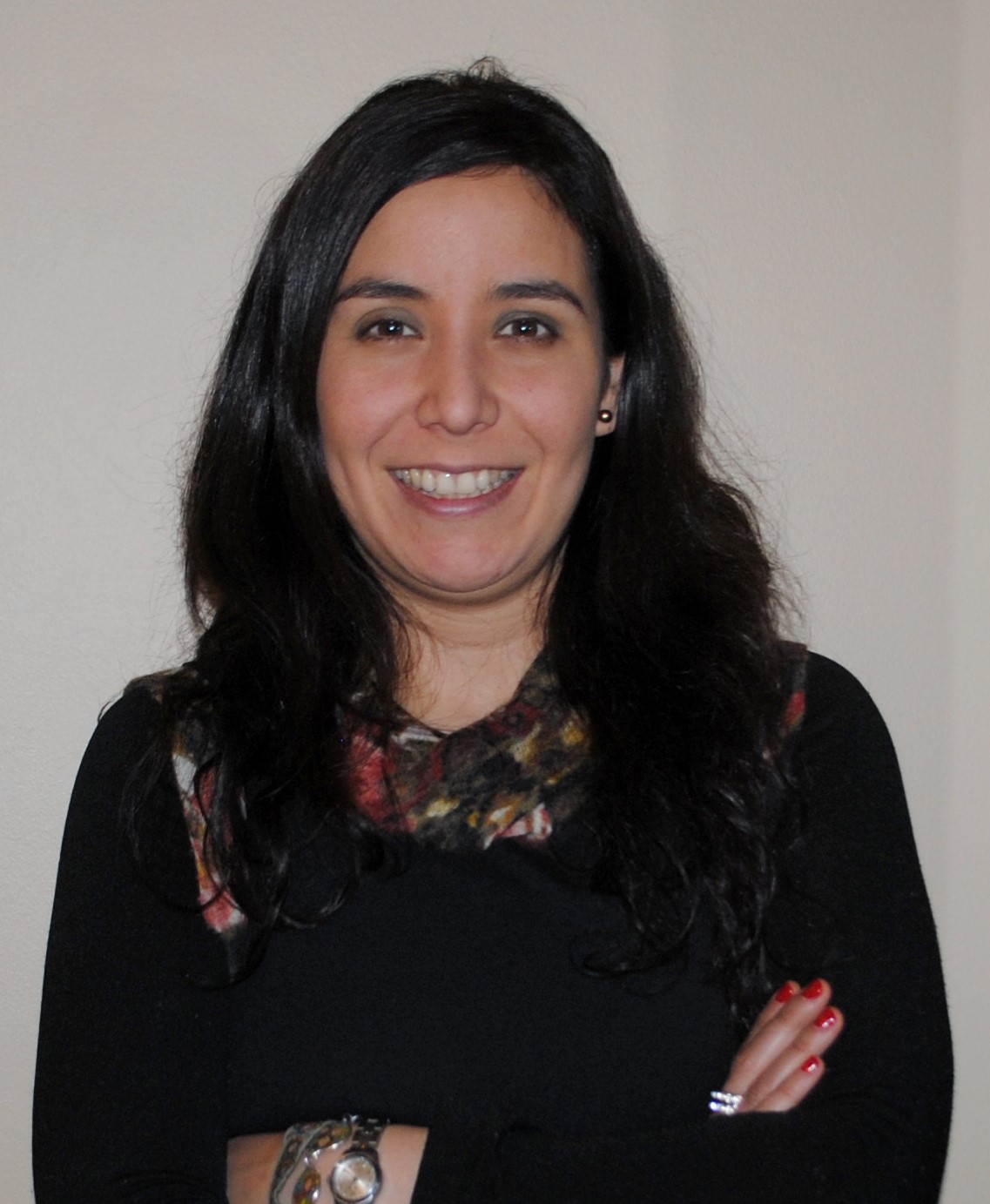
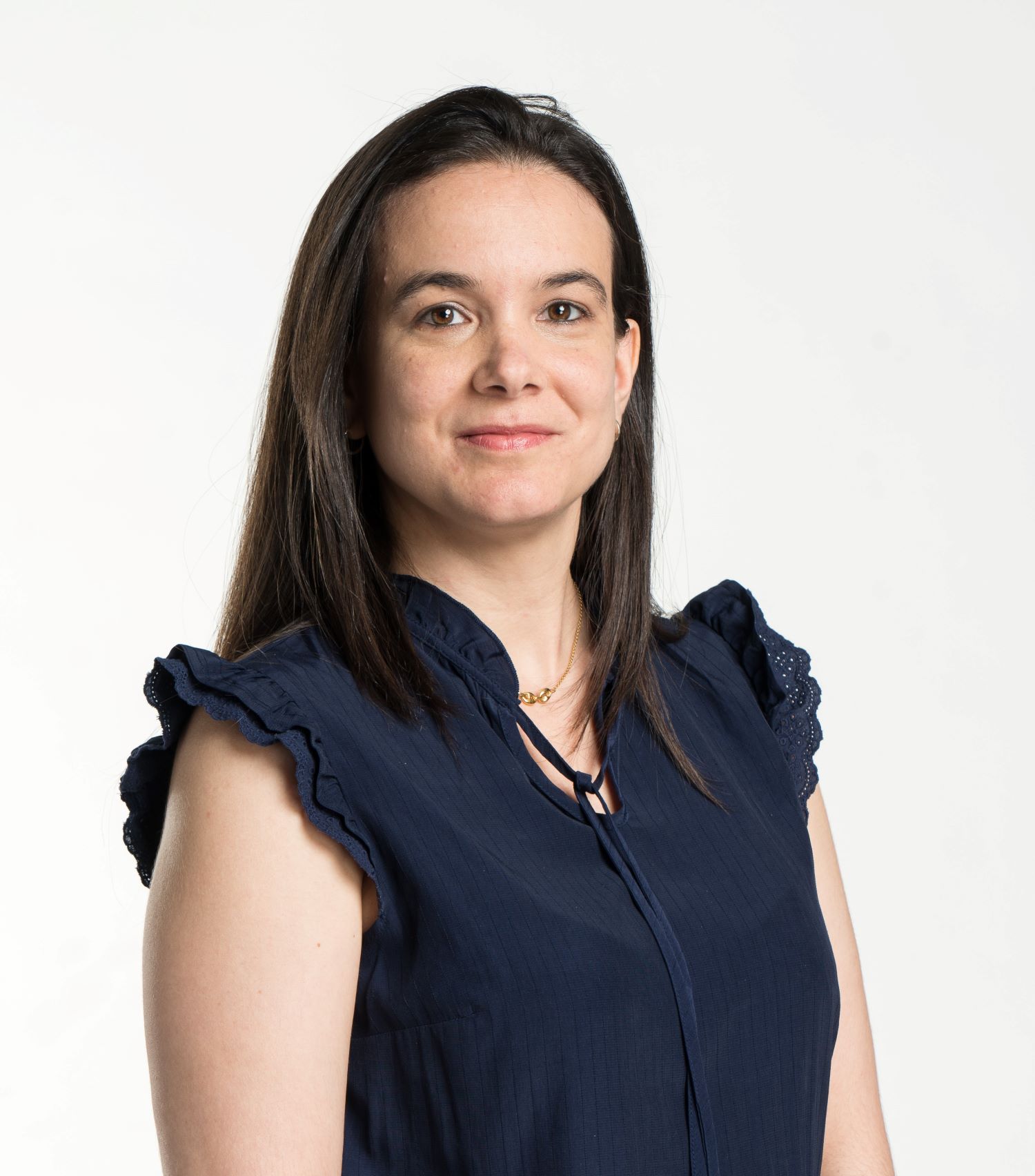
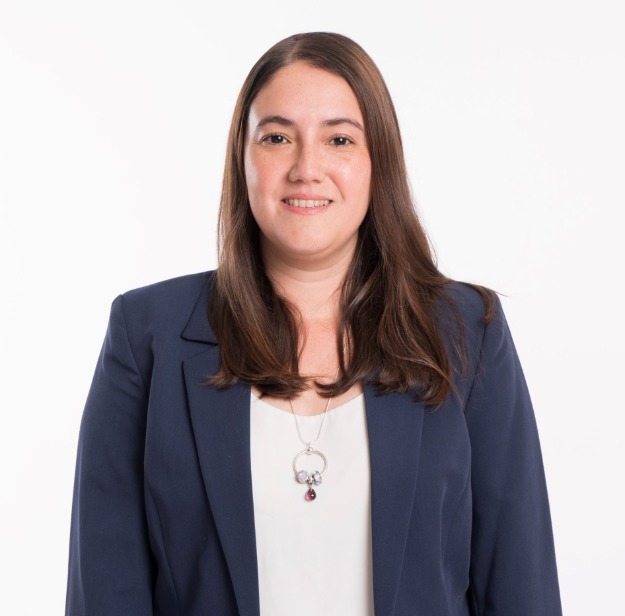

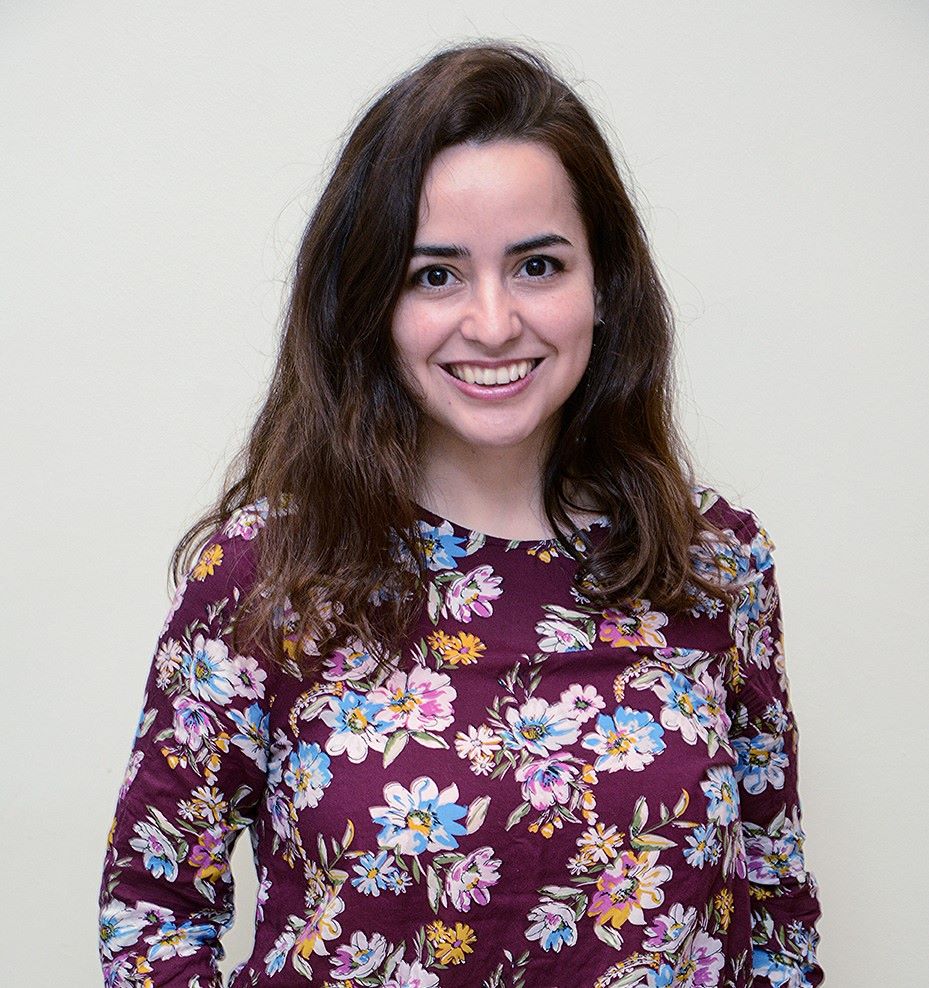
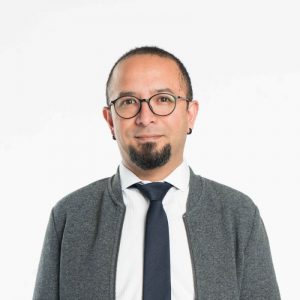
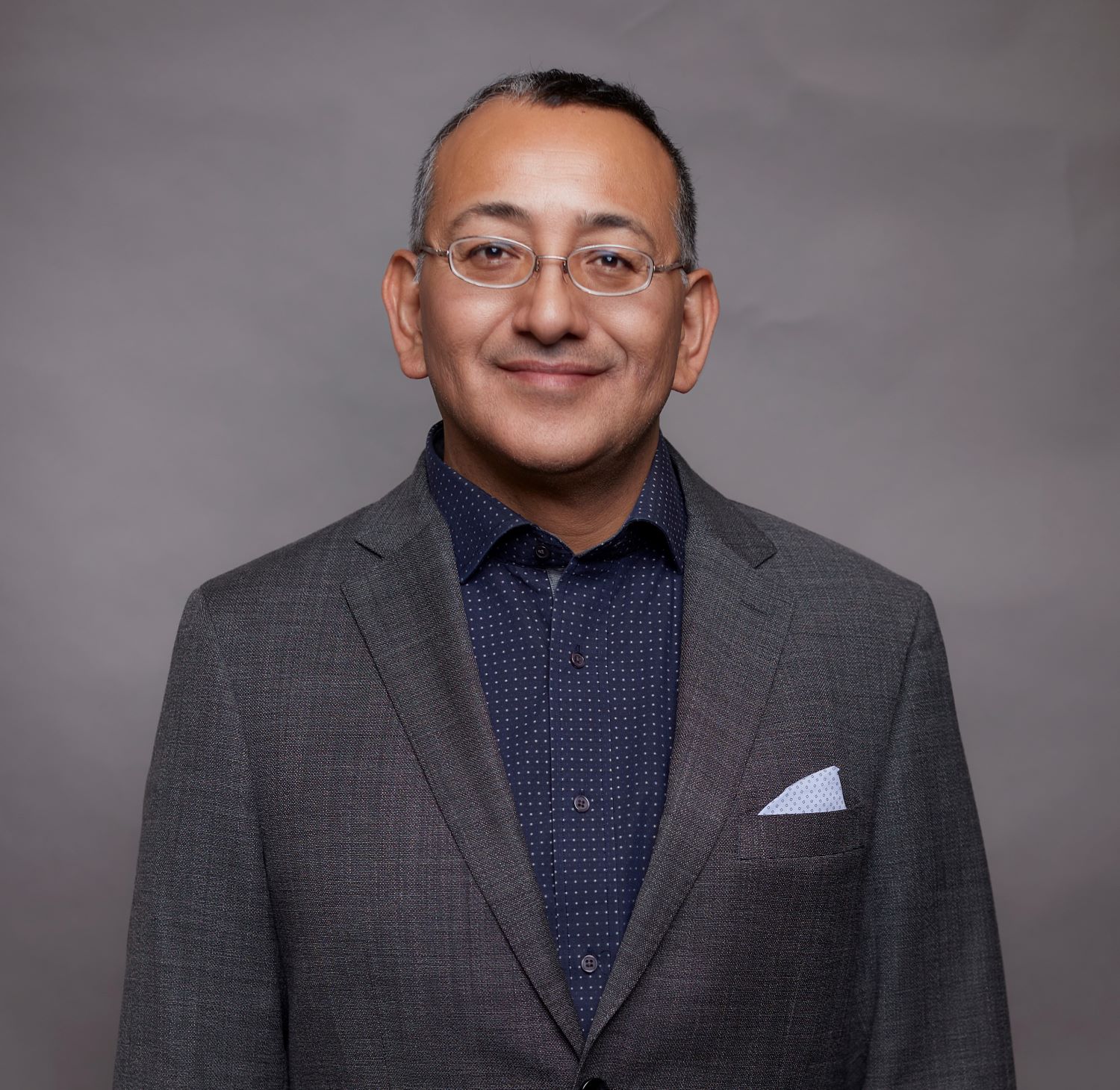
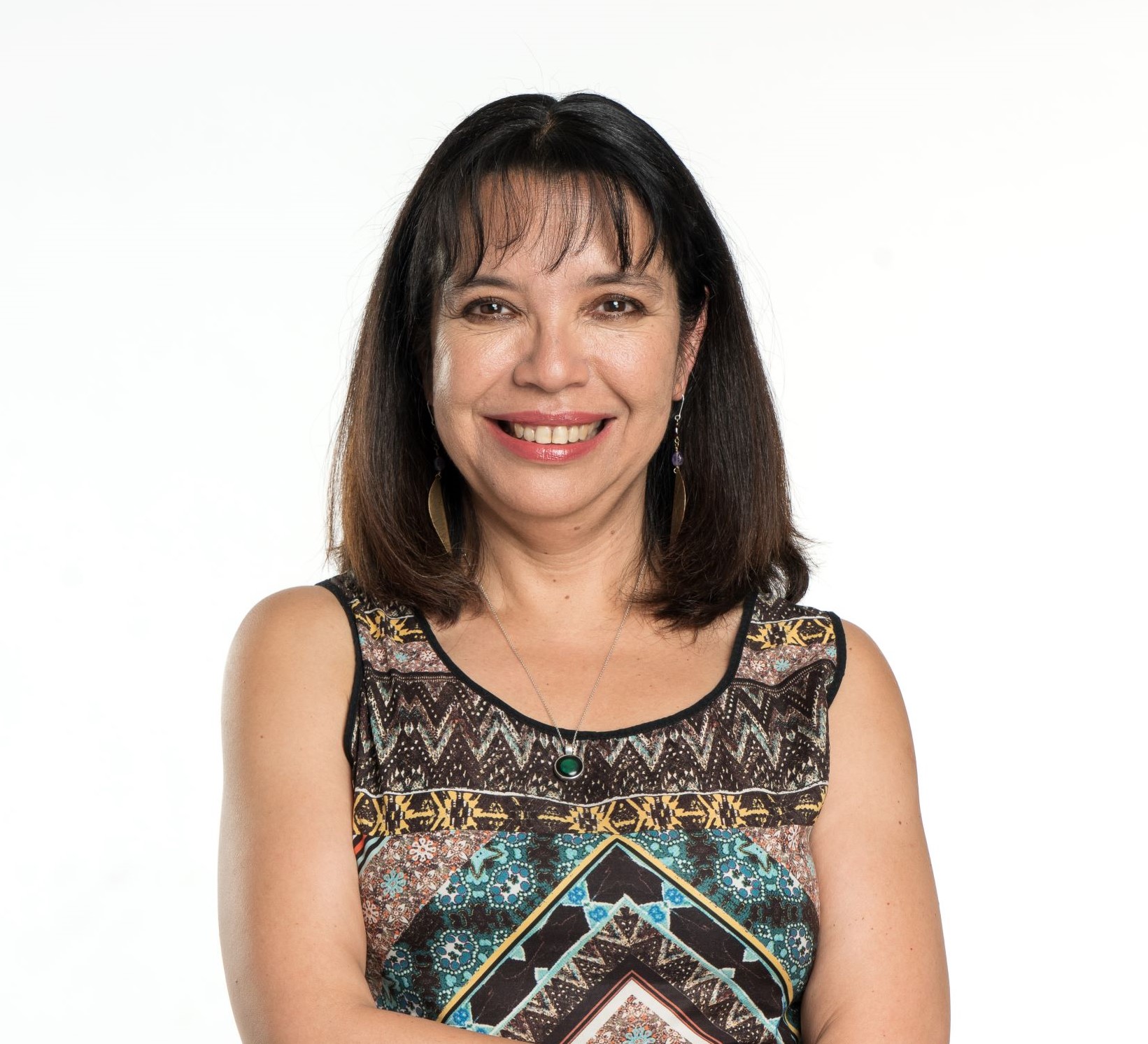
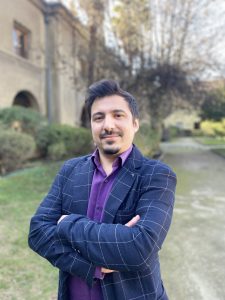
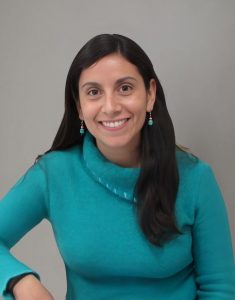
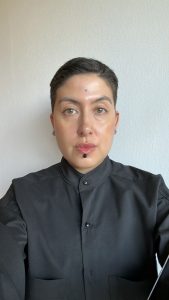
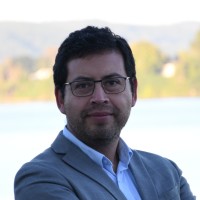
Applicants must attach the certificates of degree, grade, marks and documents of the academic record detailed below, in original or notarized copy. In the case of degrees or diplomas awarded by foreign universities, the accompanying documents must be endorsed and legalized in the manner provided for in Articles 345 and 345 BIS of the Code of Civil Procedure.
Applicants must send their academic background through the digital platform of the Doctoral Program in Chronic Diseases at Universidad San Sebastian. The documentation must certify the following requirements:
Weighting for pre-selection
The scores obtained in each of the evaluated aspects will be graded on a scale of grades from 1.0 (one point zero) to 7.0 (seven point zero) and will be weighted according to what is established in the Regulations of the program.
Undergraduate grade: 30%.
Research record: 30%.
Letters of recommendation: 15%.
Objective of study: 15%.
Declaration of interests: 10%.
Weighting for selection
The scores obtained in each of the aspects evaluated will be graded on a scale of grades from 1.0 (one point zero) to 7.0 (seven point zero) and will be weighted according to what is established in the Regulations of the program.
Academic background: 25%.
Presentation of a scientific article: 40%.
Personal interview: 25%.
Letters of recommendation: 10%
Values 2025
Universidad San Sebastián (USS), through the Vice Rector’s Office for Research and Doctoral Programs, supports the training of its doctoral students through a monthly maintenance allowance, health bonus and the release of fees, renewable annually for a maximum period of four years from the start date of the program, in order to strengthen research in science and technology.
The allocation of scholarships is made through an annual call, to which students must apply by submitting the background information that will be requested on the date indicated. The National Agency for Research and Development (ANID) will also consider a scholarship award rate, based on the accreditation of the Program, which directly influences the total internal scholarship allocation.
For further information, please contact the following e-mail: [email protected]